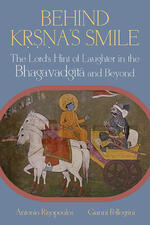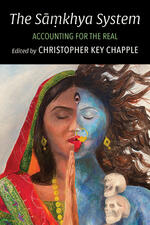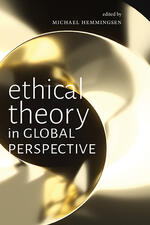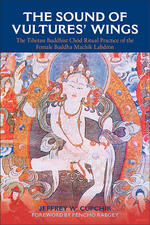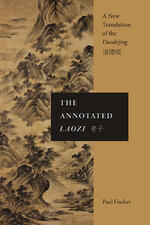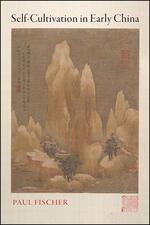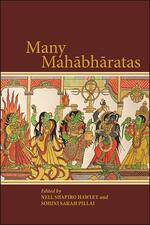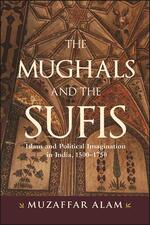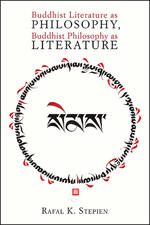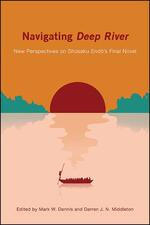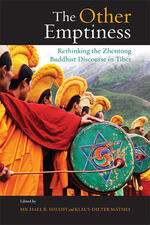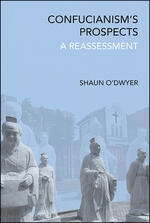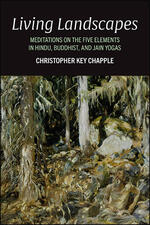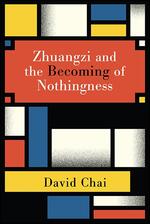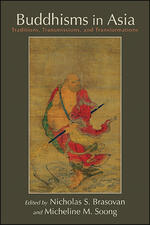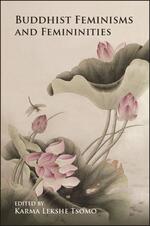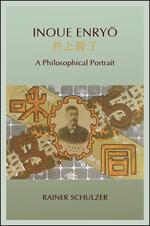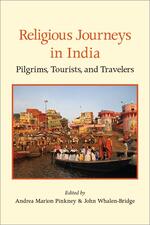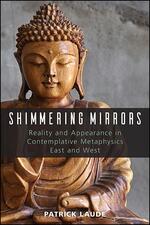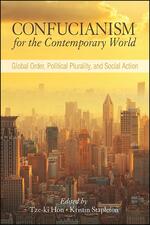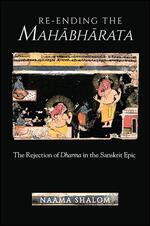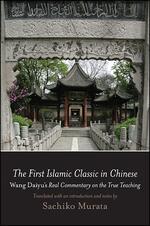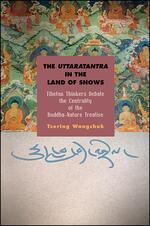Asian Religion and Philosophy
From Eternity to Eternity
A vivid, firsthand account of life as a Buddhist nun, by the most respected female Zen master in Korea.
Behind Kṛṣṇa’s Smile
Examines Kṛṣṇa’s hint of laughter (prahasann iva) in the Bhagavadgītā, its interpretations in the Vedānta commentarial tradition, and its significance in Kṛṣṇaite iconography and literature.
The Sāṃkhya System
Explores the Sāṃkhya system and the delicate relationship it articulates between witness consciousness (Puruṣa) and manifest realities (Prakṛti), providing a path to freedom through knowledge.
Ethical Theory in Global Perspective
A straightforward, accessible introduction to core theories in normative ethics from Western and non-Western philosophy suitable for the classroom.
The Sound of Vultures' Wings
Explores the music of the Tibetan Chöd tradition.
The Annotated Laozi
A clear translation and helpful explanations illuminate this ancient classic of self-cultivation for a modern audience.
Self-Cultivation in Early China
An introduction to ancient Chinese ideas on how to live a good life.
Many Mahābhāratas
A major contribution to the study of South Asian literature, offering a landmark view of Mahābhārata studies.
The Mughals and the Sufis
Examines the relationship between Mughal political culture and the two dominant strains of Islam's Sufi traditions in South Asia: one centered around orthodoxy, the other focusing on a more accommodating and mystical spirituality.
Buddhist Literature as Philosophy, Buddhist Philosophy as Literature
Explores the relationship between literature and philosophy in classical and contemporary Buddhist texts.
Navigating Deep River
An interdisciplinary dialogue with Shūsaku Endō’s last novel offering new perspectives on Japanese culture, Christian doctrine, Hindu spiritualities, and Buddhist worldviews.
The Other Emptiness
Presents a new vision of the Buddhist history and philosophy of emptiness in Tibet.
Confucianism's Prospects
Challenges descriptions of East Asian societies as Confucian cultures and communitarian Confucian models as a political alternative to liberal democracy.
Living Landscapes
Explores the role of meditation on the five elements in the practice of Yoga.
Zhuangzi and the Becoming of Nothingness
Investigates the cosmological and metaphysical thought in the Zhuangzi from the perspective of nothingness.
Buddhisms in Asia
A guide to Buddhism’s rich variety of traditions and cultural expressions for educators who would like to include Buddhism in their undergraduate courses.
Buddhist Feminisms and Femininities
Adds new voices to the feminist conversation and brings a rich variety of diverse approaches to Buddhist women’s identities, “the feminine,” and Buddhist feminism.
Inoue Enryō
The first comprehensive treatment of Inoue Enryō, a pioneer of modern Buddhism and a key figure in the reception of Western philosophy in East Asia.
Religious Journeys in India
Explores how religious travel in India is transforming religious identities and self-constructions.
Shimmering Mirrors
A study of comparative metaphysics that explores the concepts of Reality and Appearance and their relevance to contemporary religious consciousness.
Confucianism for the Contemporary World
Discusses contemporary Confucianism's relevance and its capacity to address pressing social and political issues of twenty-first-century life.
Re-ending the Mahābhārata
Offers a fresh perspective on the Mahābhārata based on an exploration of its ending, the Svargārohaṇa parvan.
The First Islamic Classic in Chinese
A translation of Wang Daiyu’s Real Commentary on the True Teaching, the first and most influential work written in the Chinese language on Islam.
The Uttaratantra in the Land of Snows
Examines various Tibetan interpretations of the Uttaratantra, the most authoritative Indic commentary on buddha-nature.
The Legacy of Wilfred Cantwell Smith
First work to address the legacy of Wilfred Cantwell Smith and his influence on the development of religious studies and Islamic studies in the twentieth century.

